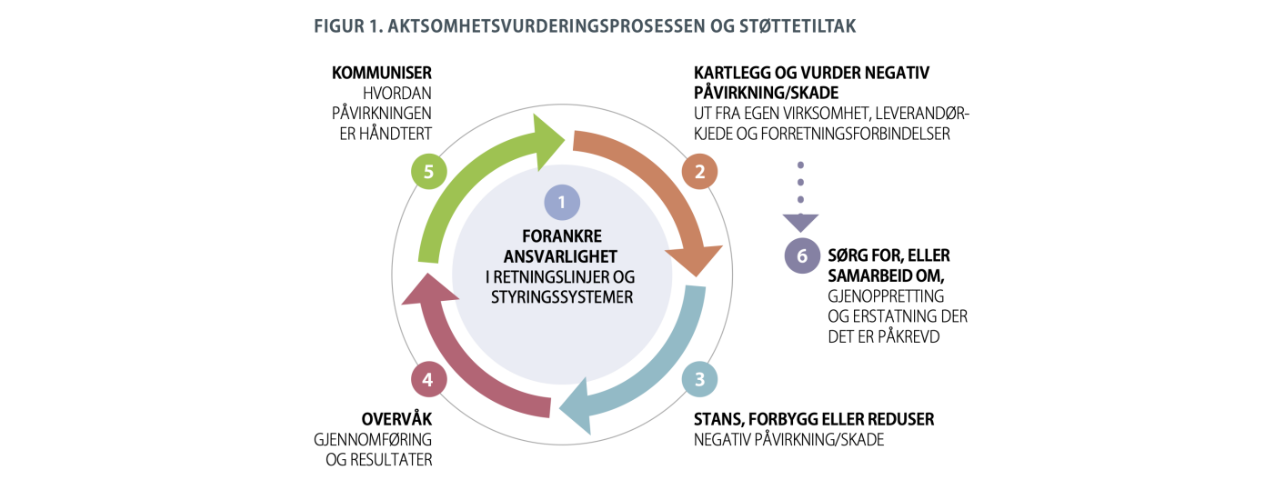Openness Act
Temp-Team always focuses on people
Openness Act – Statement for Juhler Group Norge AS
About the business
Juhler Holding Group is a Danish group of recruitment and staffing companies with more than 40 offices in Norway, Denmark, Finland, Sweden and England. In Norway, the Group is represented by Juhler Group Norge AS as parent company with Temp Team AS and Temp Team Services AS as 100% owned subsidiaries.
The report that is prepared applies to the Norwegian part of the business in accordance with §3 of the Transparency Act, and describes how the work with due diligence assessments has been carried out and is planned to be carried out in
in line with the requirements of § 5 of the Transparency Act.
Business ethics, sustainability and social responsibility
Business ethics, sustainability and social responsibility are an integral part of our business. We have established routines which ensure that the work with the Transparency Act is firmly anchored in the organisation.
The work with the Transparency Act is a natural part of our strategic work linked to FNS's sustainability goals. In 2013, we chose to join the UN Global Compact and use their 10 principles for a responsible business life as a framework for how we ensure responsible operations in the areas of human rights, working life, anti-corruption and the environment.
We work systematically to be a serious actor and contributor to achieve the goals linked to sustainability and social responsibility. We have started from the following three of the UN's sustainability goals, where we see that we have the opportunity to deliver and make a difference:
Goal 5 - Gender equality
Goal 8 - Decent work and economic growth
Goal 10 - Less inequality
Measures and expected results
If, through our due diligence assessments, violations or negative consequences of basic human rights and decent working conditions are uncovered, both from our own operations or from our suppliers, measures will be initiated. The measures will be described and the results documented.
Routines and guidelines
A separate working group has been appointed to work with the Transparency Act, including implementation and follow-up of the companies' due diligence assessment. Guidelines have been established to ensure that the companies comply with the Transparency Act in order to prevent and limit possible negative impact on basic human rights and decent working conditions.
In addition, it refers to the following guidelines for the companies:
- Anti-Corruption Policy
- Code of conduct
- Environmental Policy
- Human Rights and Labor Policy
- Whistleblower policy
The documents are available on request.
In our annual due diligence assessment, we start from the due diligence assessment process as listed below:
1 - Anchoring responsibility in guidelines and management systems
2 - Map and assess negative impact/damage from our own business, supplier chain and business connections
3 - Stop, prevent or reduce negative impact/damage
4 - Monitor implementation and results
5 - Communicate how the impact has been handled
6 - Provide for, or cooperate in restoration and replacement where required

Due diligence assessments
We use the UN Global Compact's 10 basic principles within the areas; human rights, rights for employees, the environment and anti-corruption, as a way of working systematically with the Transparency Act.
Our latest report to the UN Global Compact is here.
Mapping risk in own business
As our main activity is linked to the recruitment and hiring of personnel, we have established routines to ensure that employees receive the correct salary, prevent discrimination and ensure that HSE is taken care of.
We report any deviations monthly in connection with our management meetings and carry out internal audits twice a year. Through our membership in NHO, we carry out external audits every two years as an audited employer.
We must contribute to our customers making decisions in staffing/ and hiring processes based on objective criteria such as competence and experience, and not conditions that can be perceived as
discriminatory. In connection with this year's due diligence assessments, we have therefore considered the inherent risk of negative consequences to be higher linked to goal 5- Gender equality, which is one of the UN Global Compact's 10 principles. We have several guidelines and routines that address gender equality and are clear that our advisers and recruiters must not be influenced by recruitment bias such as the customer's preferences for age and gender when ordering personnel. We
carries out continuous internal training in this area and is keen to challenge our customers so that expertise is always put in focus. An equality report is also drawn up, which checks for potential breaches of gender equality. No unexplained deviations were identified in 2023.
Mapping risk among suppliers
We carry out annual supplier surveys where we map our suppliers' routines, and ask them to confirm that basic human rights and decent working conditions are respected in our own company and among their suppliers. We also ask questions to uncover the risk of breaches of these conditions both in our own company and among their suppliers.
In the survey for 2024, everyone confirms that they comply with basic human rights, but a few cannot confirm that this also applies to all their suppliers. The response result is 82%, so we still choose not to introduce measures.
Going forward, we will carry out due diligence assessments of new main suppliers and main business partners, among other things by asking for their "Supplier Code of Conduct" or similar guidelines.
Contact information and person in charge
Questions can be directed to post@temp-team.no. We will respond to inquiries within three weeks of receiving your inquiry.
Responsible for due diligence assessments in Norway is HR and administration manager Hanne Setten Johansen